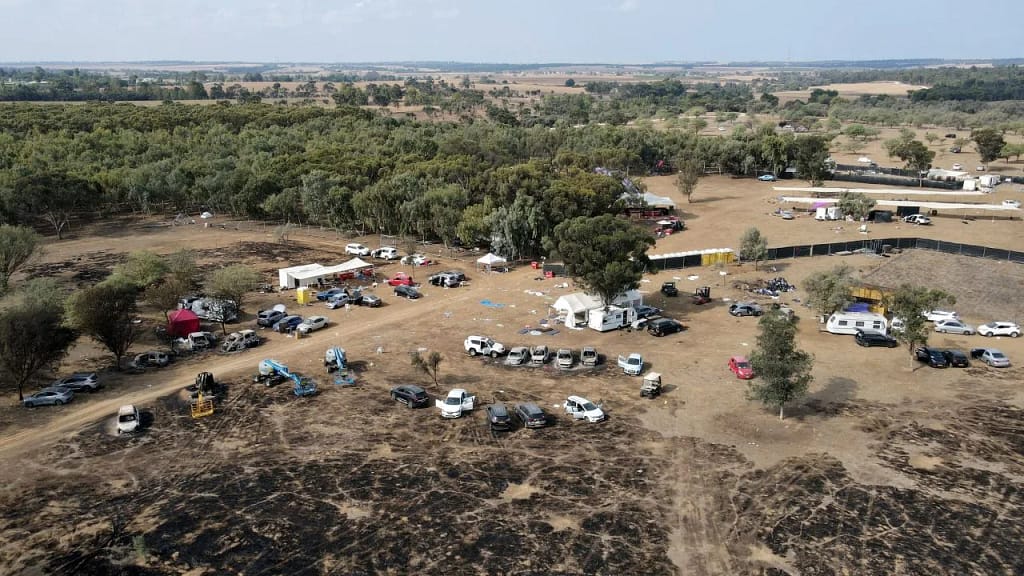On October 7, 2023, the world was stunned as Hamas launched a sudden and highly coordinated assault on Israel, igniting one of the most intense escalations in the region in recent years. The unexpected nature of the attack raised urgent questions: Why did Hamas strike when it did? And how did Israel—a nation known for its advanced intelligence capabilities—fail to see it coming?
This article breaks down the motives behind Hamas’ attack and explores the key reasons Israel was caught off guard, offering readers a clear, well-researched perspective on the unfolding crisis.
Why Did Hamas Attack?
1. Political Messaging and Resistance
Hamas has long positioned itself as the armed resistance against Israeli occupation. The timing of the attack may have been strategically calculated to:
- Reassert leadership within Palestinian territories, especially as rival faction Fatah continues to lose credibility.
- Respond to Israeli actions in Jerusalem, especially around sensitive religious sites like Al-Aqsa Mosque.
- Signal discontent with ongoing normalization between Israel and Arab nations, such as Saudi Arabia.
2. Economic and Humanitarian Pressures
The Gaza Strip remains under a heavy blockade, with soaring unemployment and deteriorating living conditions. Attacking Israel may have been a way for Hamas to:
- Shift public attention away from internal grievances in Gaza.
- Present itself as defending Palestinian dignity amid worsening conditions.
3. Regional Power Dynamics
The broader Middle East landscape—including the roles of Iran, Hezbollah, and shifting alliances—also plays a role. Many analysts suggest Iran may have had a strategic interest in:
- Distracting global attention from its own internal and external pressures.
- Demonstrating the fragility of Israeli security, especially as normalization with Arab states advances.
Why Was Israel Taken by Surprise?
1. Intelligence Gaps and Misjudgments
Israel’s famed intelligence agencies—Mossad, Shin Bet, and military intelligence—have historically been effective. However:
- Hamas used high levels of operational secrecy, likely aided by low-tech, off-grid communication.
- Israel may have underestimated Hamas’ capabilities and intent, focusing more on the West Bank and Iran.
2. Overconfidence in Surveillance Technology
Despite extensive surveillance systems around Gaza, including drones and signal monitoring, Israel’s reliance on tech may have blinded them to:
- Human intelligence and community-level changes.
- The psychological and social shifts within Gaza, such as increased radicalization.
3. Distraction with Internal Political Turmoil
At the time of the attack, Israel was embroiled in domestic unrest, including:
- Protests over judicial reforms.
- Tensions within the government coalition.
This may have diverted attention and resources from external threat monitoring, creating blind spots.
Conclusion
The Hamas attack on Israel and the element of surprise underline how deeply complex and volatile the Middle East remains. While Hamas seeks to project power and resistance, Israel’s failure to anticipate the assault raises serious concerns about strategic assumptions and intelligence readiness.
As tensions escalate, it’s crucial to understand not only what happened—but why it happened, and what it means for the future of regional stability.

